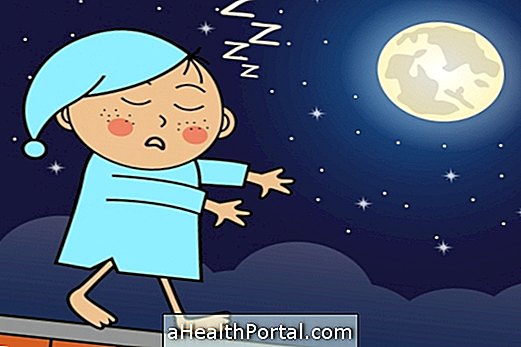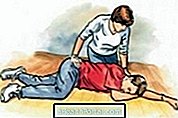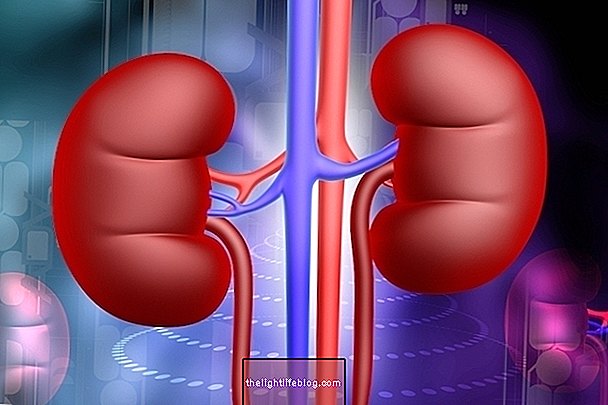The Jet Lag is a phenomenon that occurs in people traveling between countries that have different time zones, and that affects mainly the crew of international flights, making it difficult to sleep and rest.
Jet Lag comes especially during the first 2 days of travel and is characterized by tiredness, sleep problems, lack of memory and concentration. However, these symptoms can also arise in the mothers of newborn babies, when the child is sick and does not sleep all night and also in students who spend the night awake studying at dawn.
The solution to combat jet lag is to sleep a few hours as soon as you arrive at your destination, adjust the clock to local time and be able to respect the usual times of that region.

Main Symptoms of Jet Lag
Some of the main symptoms caused by Jet Lag include:
- Excessive tiredness;
- Sleep problems;
- Difficulty concentrating;
- Slight memory loss;
- Headache;
- Even nausea and vomiting can occur.
The phenomenon of Jet Lag happens because there is a change in the body's 24-hour cycle due to sudden changes to another place with different time. What happens is that although the schedule is different, the body assumes that it is at home, working with the usual schedule. These changes change the hours you are awake or asleep, which causes changes in the metabolism of the whole body, causing the typical symptoms of Jet Lag.
How to beat the Jet Lag to get enough rest
To combat Jet Lag, there are some tips and behaviors that are fundamental and that include:
- Set the clock to local time : so that the mind can get used to the new expected time;
- Sleep and rest a lot on the first day : especially the first night after arrival. Taking 1 tablet of melatonin before bedtime can be a great help. Learn what melatonin supplement is and how it works.
- Respect the time of the country of destination : following mealtime and bedtime and bedtime.
- Sunbathing and walking outdoors : Sunbathing stimulates the production of vitamin D and helps the body adapt better to the new set time.

5 Tips for Better Sleep
Often regulating sleep and sleeping well may not be an easy task in these situations, as the body is accustomed to a completely different schedule. But there are some tips that can help you sleep better, such as:
- Avoid using a computer, cell phone or other devices with a light screen 1 to 2 hours before going to sleep;
- Ensure that the room is quiet and comfortable, turning off the sound of the cell phone and other devices before going to sleep;
- Eat 1 hour before going to sleep, to avoid poor digestion that can disrupt sleep;
- Check that the curtains are blackout to prevent light from entering because darkness stimulates the production of the hormone melatonin, promoting a better rest
- Drink a soothing and relaxing tea 30 minutes before bedtime, such as passion fruit, valerian or lemon balm tea, which help sleep and help you sleep faster.
In addition to these tips, it is also important to avoid consuming coffee or caffeine foods like chocolate, green tea or coke a few hours before going to sleep as they are stimulant foods that make you sleepy. Get to know other tips for better sleep in 10 good sleep tips.





















